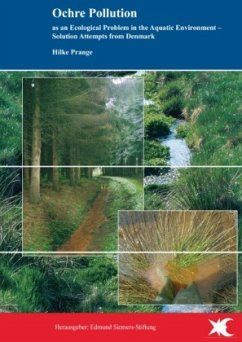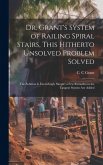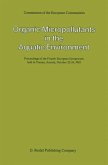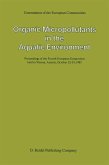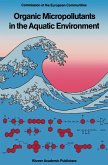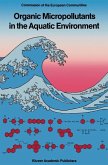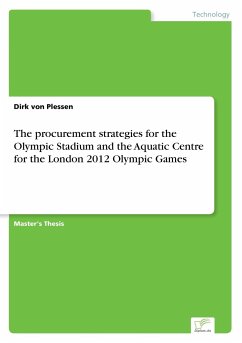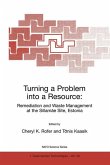With her paper "Ochre Pollution as an Ecological Problem in the Aquatic Environment - Solution Attempts from Denmark" the german environmental biologist Hilke Prange presents an important topic, which - perhaps caused by its chronic appearance and difficult improvement measures - is mostly neglected in german watercourses` activities. Different reasons, such as draining of agricultural fields, disturb the soil-water-equilibrium and lead to heavy flows of dissolved iron into watercourses. Here, by oxygenation, the iron precipitates and cloggs interstitial space in gravel beds, thus killing e.g. developing salmonid eggs and fry. Furthermore water plants are disturbed, altering their species numbers and abundance. Acute pressure results by flushing the drain pipes, thus setting free iron sludges.Hard maintenance practice furthermore enhances the deterioration of the aquatic habitats. Extreme iron peak-concentrations occur during such activities and depress fauna and flora. Species diversity, productivity and self-purification potential of the watercourses are hindered in their development.Denmark has a long time span of positive experience from improvement works, enhanced by a specific "Ochre Law". In co-operation with Danish colleagues Hilke Prange elaborated an impressive presentation.This monographic view closes a gap, transporting best practice for the expert in the field as well as for scientists, too. With the European Water Framework Directive in mind this is an important contribution on the way to the good ecological status and / or the good ecological potential.
Bitte wählen Sie Ihr Anliegen aus.
Rechnungen
Retourenschein anfordern
Bestellstatus
Storno

